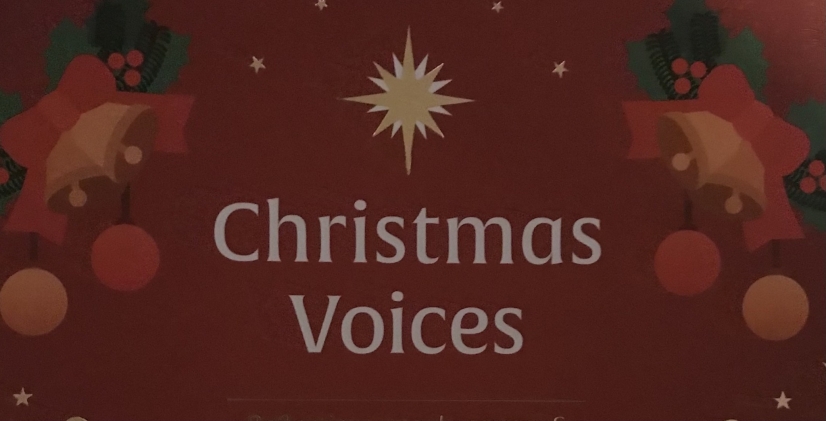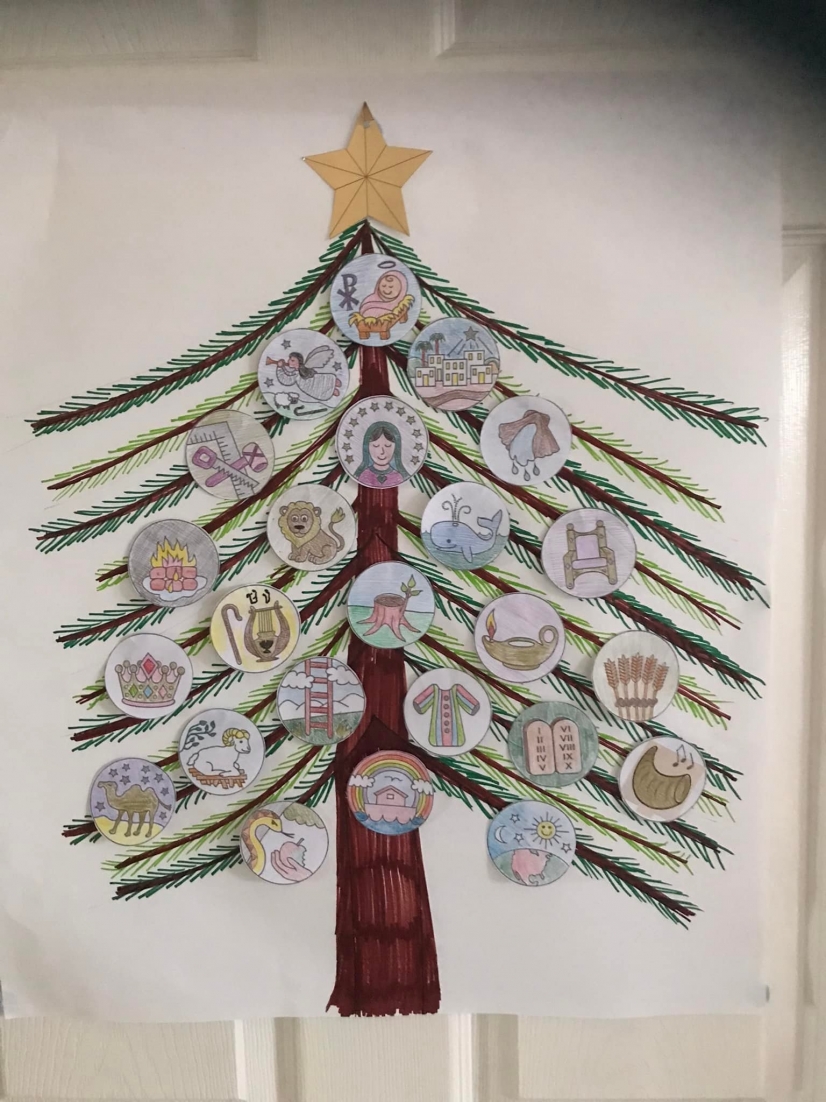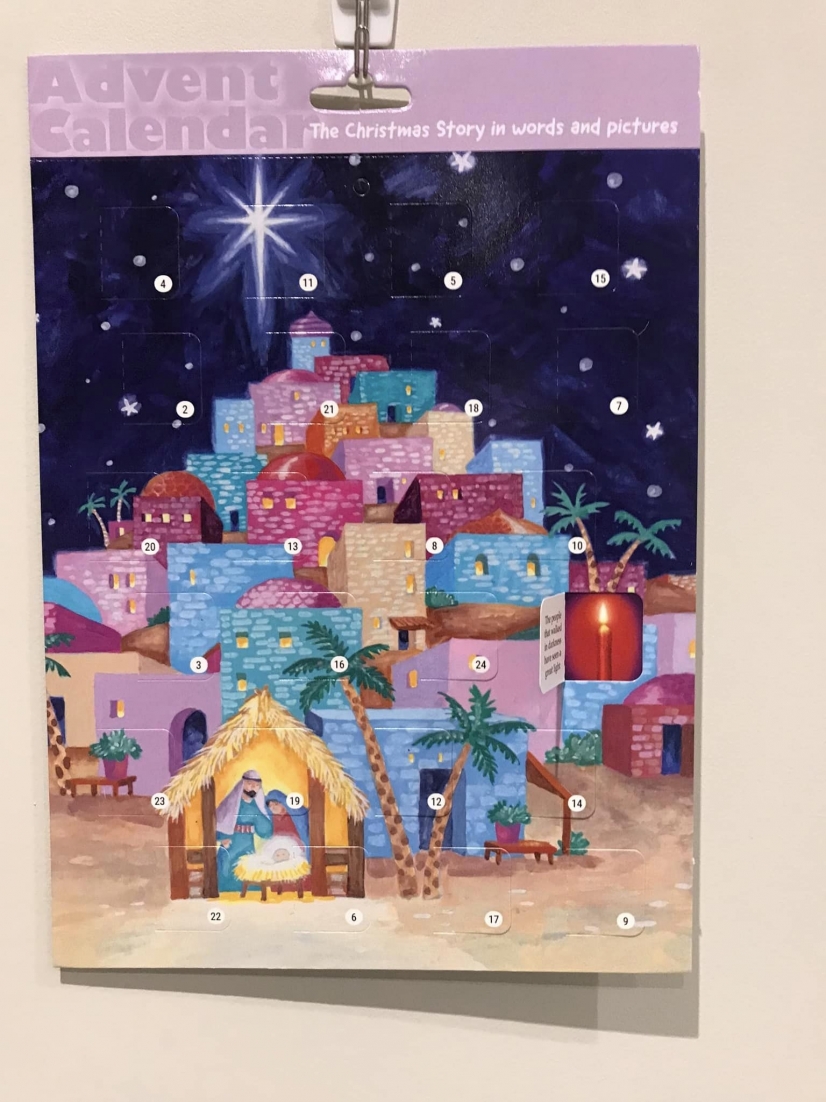A Skinny Fairtrade Latte in the Food Court of Life - Page 55
-
Twenty Years Since Ordination
Twenty years ago today, I took a train from Manchester to Warrington for my ordination service. Serious vows made in a celebratory atmosphere.What a lot ministry has been in those twenty years… more than a thousand services, hundreds of funerals, several weddings, baptisms and blessings… to say nothing of meetings, committees, mentoring, supervising, interviewing, grant making, Pentecost partying, Commonwealth Games live streaming, Carols in a pub singing, COP26 crafting and much much more.The best bits have been, and continue to be, so much better than I dared dream; the bad bits so much worse than I thought they could be. But absolutely no regrets.Thinking today of the people who, and places that, have been part of the story.Feels kind of nice that 20 years on I am back at my old vicar school helping ‘form’ those who will ministering for the next 20 years! -
Christmas Voices 2023

Tomorrow I start my evening reflections for Advent - similar to, and different from, what I've done in the past, not least because I don't have the facilities to create a nice 'set' in either of my new offices. However, there will be beautiful music, a bit of Bible, and a gentle chill out time at the end of the day for anyone who wishes it.
So far potential participants extend from Glasgow to the Isle of Wight and all stops in between!
Looking forward to it very much.
-
Pretty!

I was first to arrive at church this morning - not even a robin had walked on the snow, it was absolutely pristine, so I snapped a couple of photos before opening the gate and crunching my way to the door!
-
Jesse Trees, Family Trees and Christmas Trees

This photo is from 2021 when, in a second lock-down Advent, we made Jesse Trees as a shared activity (well, I sent everyone a kit, it was up to them if they made one or not!). This morning, I will be introducing the Railway Town Church to the Jesse tree, we will also ponder Jesus' family tree, and write our prayers on 'baubles' to hang on the church Christmas tree.
I am making my own Jesse Tree (or 'heresy fir' as I rather naughtily refer to it because some of the symbols owe more to tradition than scripture) and looking forward to sharing this morning.
-
Advent Begins Again

Actually, it beings on Sunday, and is the shortest it can be at just 21 days (the longest is when Christmas Day is a Sunday, so Advent starts on 27th November, and it lasts 28 days), but still, most Advent calendars start on December 1st.
This year I bought myself a 'traditional Advent calendar with a 'religious' scene and 'windows' that open to reveal scripture texts. I am also once again doing a Jesse tree, an Advent book and a Jacquie Lawson Advent Calendar, some Advent Zoom reflections and, for the first time, an Advent jigsaw (24 pieces a day for 24 days). My Advent will be busy and varied - and I'm looking forward to it!